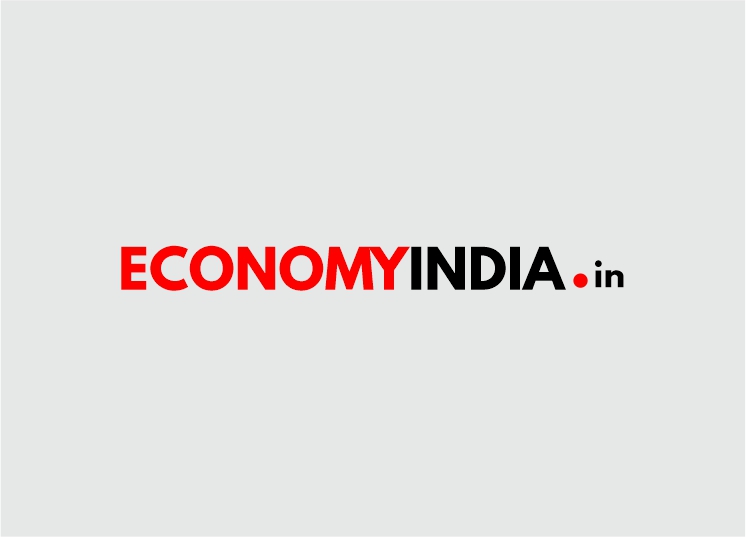According to reports as India’s internet economy, which surged ahead with over 50% year-on-year growth in 2021, is poised to be a staggering $1 trillion economy by 2030, as per findings released by RedSeer on Thursday.
This healthy expansion was being fueled by a rapidly increasing internet penetration rate, high-speed internet access, and increased online shopping and digital content consumption, the report said.
CEO and founder of RedSeer, Anil Kumar said: “India’s journey to a $1 trillion consumer internet economy will be a unique story of multiple internet sectors such as e-tailing, e-Health, FoodTech, Online Mobility, and Quick Commerce, coming together to create a strong foundation for a consumption-led economy.”
According to the Redseer report, the country’s population is extremely heterogeneous, and the needs of one segment in the population may differ from that of the other segments. This being the case, the report broadly classified India’s digital consumer base under the following three cohorts:
The first is the quasi first-world of 80-100 million, who draw an annual income of over $12,000, live typically in metropolitan areas, and expect high-quality services.
The second cohort includes those who essentially draw an annual income of $5000 to $12,000, and are aspirational and budget-conscious. The estimated digital population of this segment is 100-200 million, the report said.
The third category comprises a population of 400-500 million from rural areas and tier-2 cities who primarily draw an annual income <$5000, and is perhaps the most difficult cohort to reach, and need digital intervention to help them solve their problems.
Key internet economies, namely e-tail, eHealth, FoodTech, Online Mobility, and Billpay and Recharge experienced a downward spiral initially during Covid, but re-emerged much stronger and shocked the markets with commendable post-pandemic recovery, the report said.
Redseer also observed that global investors were increasingly recognising India’s golden opportunity in the Internet economy without a second thought. In calendar 2021 alone, 42 unicorns in the country attracted $40 billion in funding.“Further, we expect another 70 plus tech IPOs by 2025. This surge in tech IPOs is fueled by accelerated digitisation, government initiatives for startups, increasing local investors with high equity, and private equity funding in tech companies,’‘ the report said. (The Hindu)













